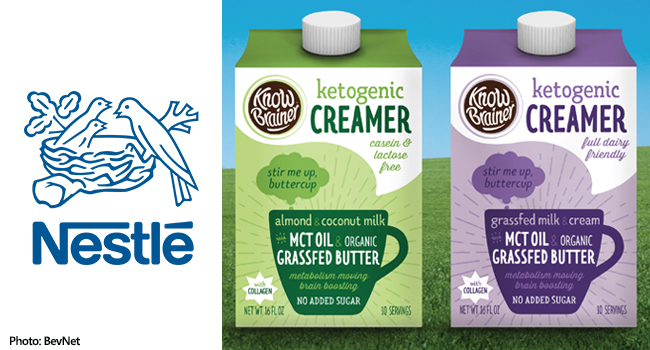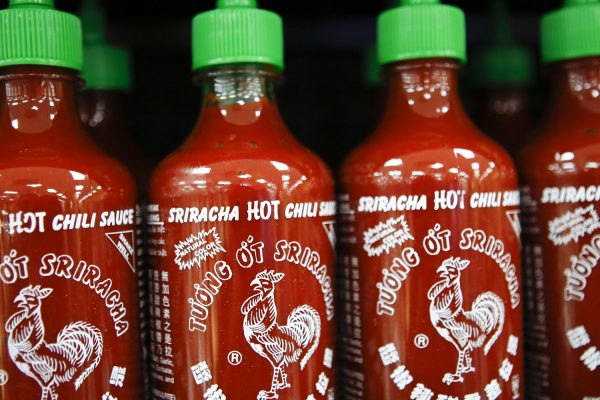The global edible oils market is expected to have a compound annual growth rate of 5.1 percent and is forecast to reach a total market value of $130.3 billion by the end of 2024. This trend has led Cargill and Precision BioSciences to invest in developing a canola oil that has less saturated fat than its traditional counterpart. The business partners are doing this by using Precision BioSciences’ ARCUS genome editing technology to produce a low saturate, high oleic canola oil product.
Both companies have been working together to develop low saturate canola oils since 2014. In order to accomplish this, the companies have been utilizing Cargill’s expertise in gene identification and Precision’s ARCUS technology. Since the partnership, Cargill has developed a variety of canola oil products such as a lower saturate canola oil as well as those with long-chain omega-3s. The company wants their newest generation of canola oil to have the lowest saturated fat levels on the market.
“The partnership demonstrates our ongoing commitment to developing nutritious products for consumers, with the superior performance and sensory attributes that our customers have come to expect from Cargill’s edible oils portfolio,” said Lorin Debonte, Cargill research and development. “We continue to look for new ways to build upon our capabilities and innovate in a responsible way, and this collaboration was essential to making this discovery.”
This new oil is targeted at fast food restaurants and food ingredient companies as a good alternative for producing fried foods. Depending on the overall nutritional portfolio of their products, clients can take advantage of appealing labels such as “Low in Saturated Fat” or “No Saturated Fat.” These product qualities are searched for by consumers as many of them are interested in healthier food options.
“Partnerships that enable innovation across the supply chain are absolutely essential to bridge the gap between agriculture and human health,” said Fayaz Khazi, President, Precision PlantSciences. “This collaboration exemplifies the dedication of both companies toward making a health-centric global impact.”
According to the USDA and Human Health Services 2015-2020 Dietary Guidelines, consumers should limit their saturated fat intake to less than ten percent of their total daily caloric intake. As more consumers turn towards cleaner labels and natural ingredients, this oil has a lot of potential as an ingredient in healthier food formulations.
However, there are conflicting consumer perceptions on fat intake with some starting to incorporate more saturated fats into their diets. The rise of the ketogenic diet – which involves the complete removal of carbohydrates and incorporation of more fats instead – has led major food companies to invest in high fat products (like grass-fed butter) that complement it.
Nevertheless, Cargill’s new canola oil product has been developed to be used as a cooking ingredient, which could find a lot of success in the fried foods category because of its low saturate qualities. In addition, this new product is high in oleic acid which is considered to be a natural and healthy fat.









Join or login to leave a comment
JOIN LOGIN